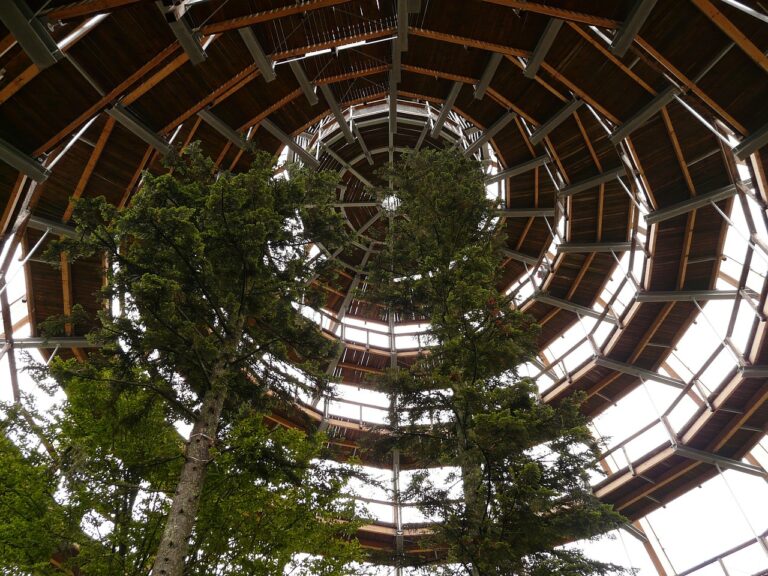The Importance of Outdoor Education
Experiential learning in nature provides a hands-on approach to education that engages all our senses. By immersing oneself in the natural world, learners can develop a deeper understanding of ecological systems and the interconnections within them. This type of learning fosters a sense of curiosity and wonder, inspiring individuals to explore and ask questions about the environment around them.
Furthermore, experiential learning in nature promotes physical health and emotional well-being. Spending time outdoors has been shown to reduce stress, improve cognitive function, and enhance overall mood. Through activities like hiking, camping, and wildlife observation, participants not only gain knowledge but also experience the positive effects of nature on their mental and physical health.
Connection to the Environment
Experiencing nature firsthand can profoundly deepen one’s connection to the environment. When individuals engage in activities like hiking, camping, or wildlife observation, they develop a more intimate relationship with the natural world. The sights, sounds, and sensations of being immersed in nature ignite a sense of wonder and appreciation for the Earth’s beauty and complexity.
Moreover, spending time in natural settings fosters a sense of responsibility towards preserving the environment. Witnessing the delicate balance of ecosystems and the impact of human activities on forests, oceans, and wildlife can inspire individuals to become more environmentally conscious. This heightened awareness often leads to more sustainable lifestyle choices and a desire to protect and conserve the natural world for future generations.
How can experiential learning in nature benefit individuals?
Experiential learning in nature can benefit individuals by promoting a deeper connection to the environment, enhancing problem-solving skills, improving physical health, and reducing stress levels.
How does spending time in nature help individuals feel more connected to the environment?
Spending time in nature allows individuals to develop a greater appreciation for the natural world, leading to a sense of interconnectedness and responsibility for the environment.
What are some ways to incorporate experiential learning in nature into educational settings?
Educators can incorporate experiential learning in nature by organizing field trips to natural environments, implementing outdoor classroom activities, and utilizing nature-based lesson plans.
Can connecting to the environment through experiential learning have a positive impact on mental health?
Yes, connecting to the environment through experiential learning has been shown to improve mental health by reducing anxiety and depression, promoting overall well-being, and fostering a sense of peace and tranquility.
How can individuals maintain their connection to the environment on a daily basis?
Individuals can maintain their connection to the environment on a daily basis by spending time outdoors, practicing mindfulness in nature, participating in environmental conservation efforts, and seeking opportunities for experiential learning in natural settings.





